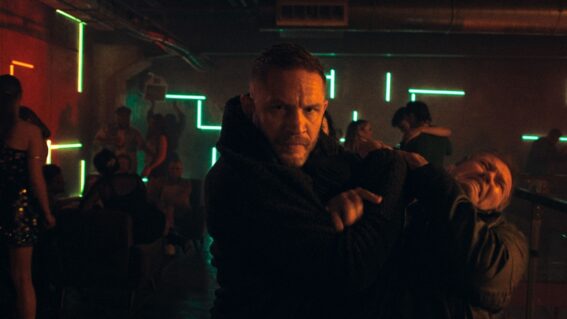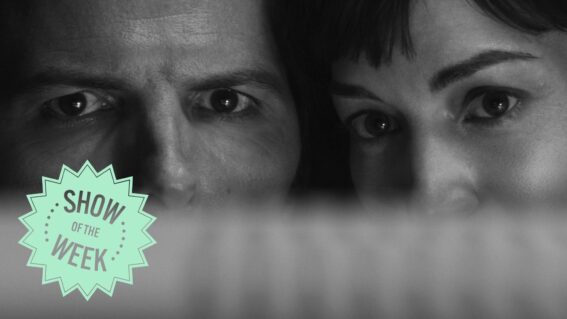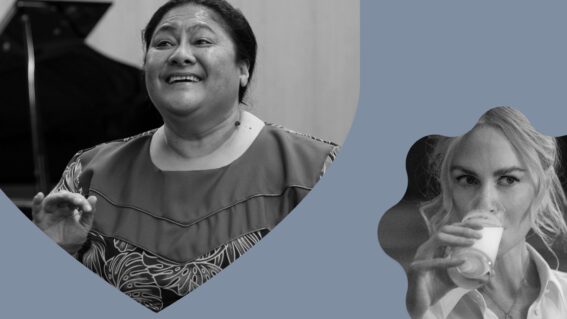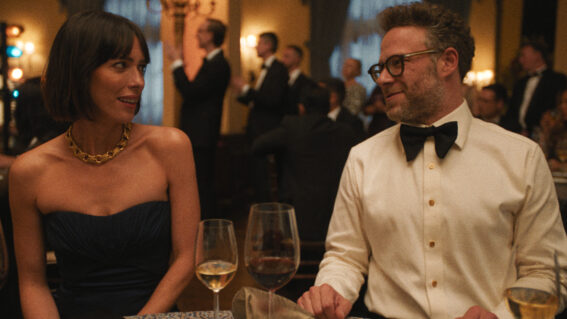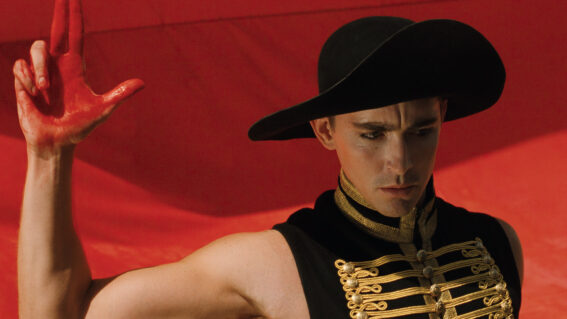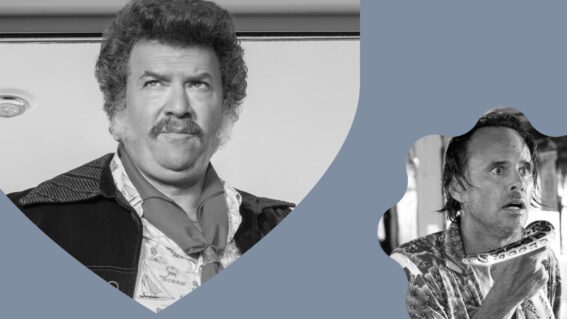The new Dead Ringers and Cronenberg’s 1988 original are far from identical twins
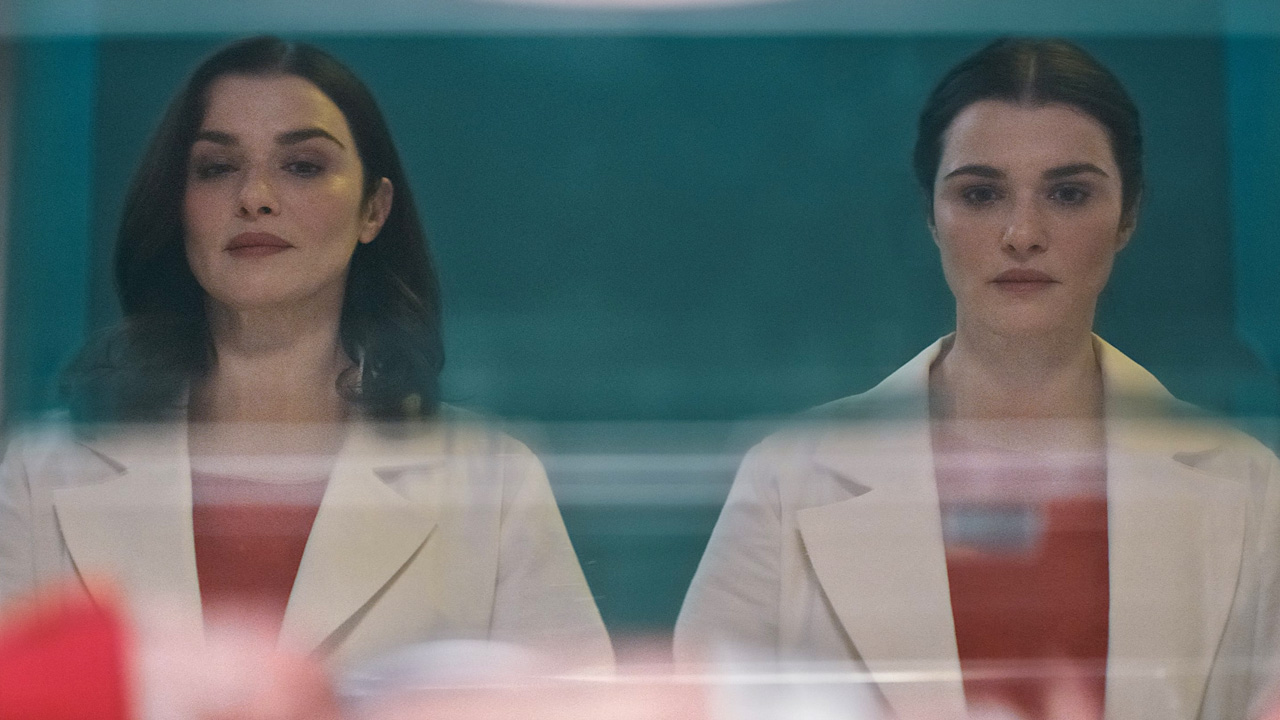
Rachel Weisz and Rachel Weisz star as the Mantle twins in a new series adaptation of David Cronenberg classic Dead Ringers. While glossy, brilliantly acted and often quite funny, it misses the core of what makes the original so compelling, writes Amelia Berry.
In David Cronenberg’s Dead Ringers (1988), the only thing more terrifying than a medical doctor is an identical twin.
Of course, evil doctors have a long history in horror, conducting their maniacal medical experiments in everything from The Cabinet of Doctor Caligari and Eyes Without a Face to The Human Centipede and Flatliners. Evil twins are another classic, with the Grady Twins from Kubrick’s The Shining standing as one of horror’s most iconic images. But where movies like Hammer Horror classic Twins of Evil or Brian De Palma’s Sisters feel like the archetypes of twin-based terror, something about Dead Ringers’ Mantle twins sits a little different.
The way Cronenberg puts it, “Dead Ringers is conceptual science fiction, the concept being: ‘What if there could be identical twins?’ I’m suggesting that’s impossible. I can imagine a world in which they are only a concept, like mermaids.”
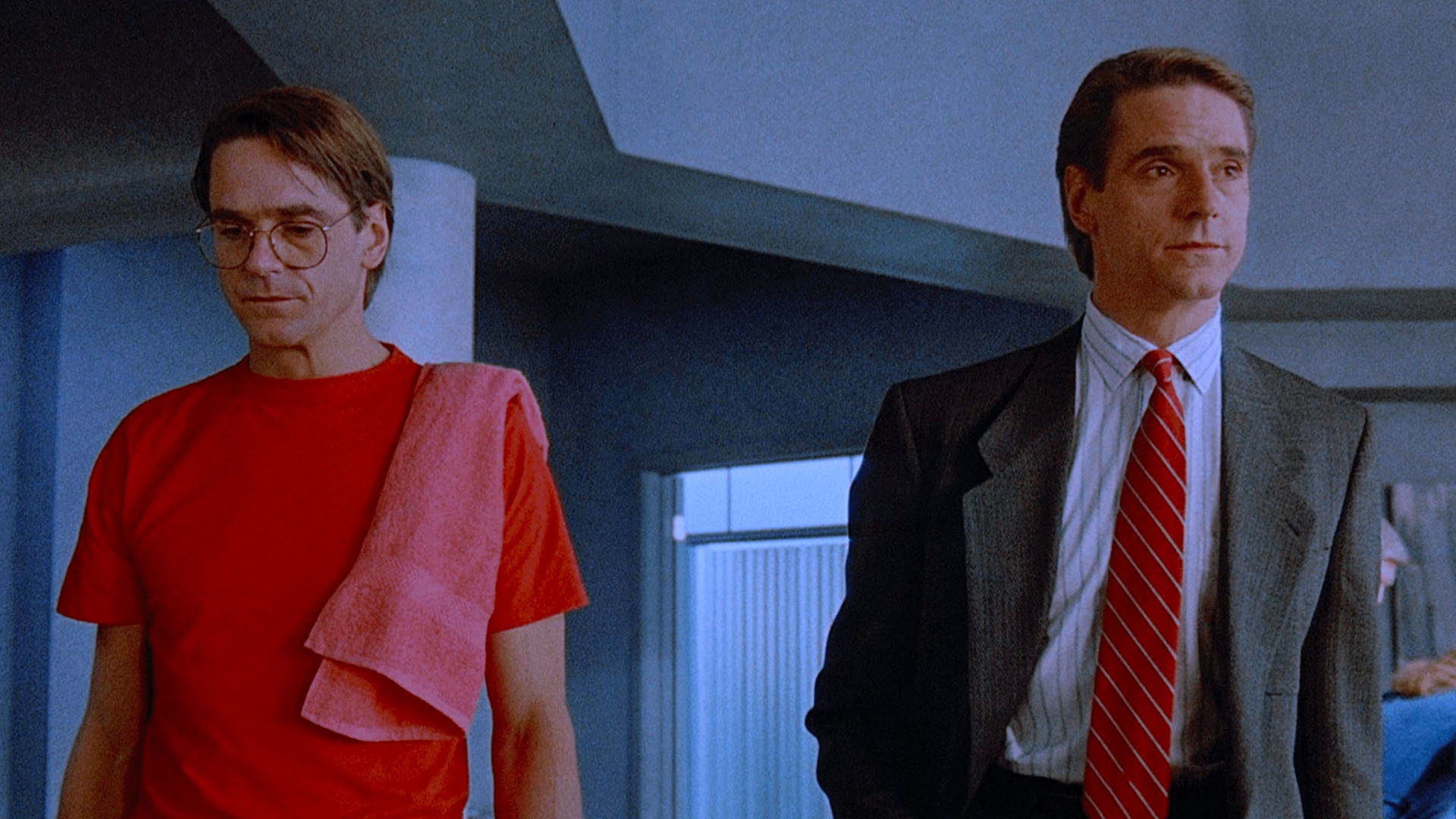
A little cryptic, sure. But watching Dead Ringers with this in mind, it’s pretty clear that Cronenberg’s Mantles aren’t twins in the way we have twins here in the real world. They’re some cruelly split unity. Two souls that both yearn to be parted, but cannot bear to be apart. It operates on a level more symbolic and abstract than literal. Much more ‘Gemini’ than ‘Jedward’.
Based very loosely on a true story of twin gynaecologists found dead of barbiturate overdoses in a shared apartment, Dead Ringers follows brilliant gynaecologists Beverly and Elliot Mantle (played in two breathtaking performances by Jeremy Irons) as Beverly spirals into drug addiction and an obsession with operating on ‘mutant women’, ultimately drawing Elliot into his mania and depravity.
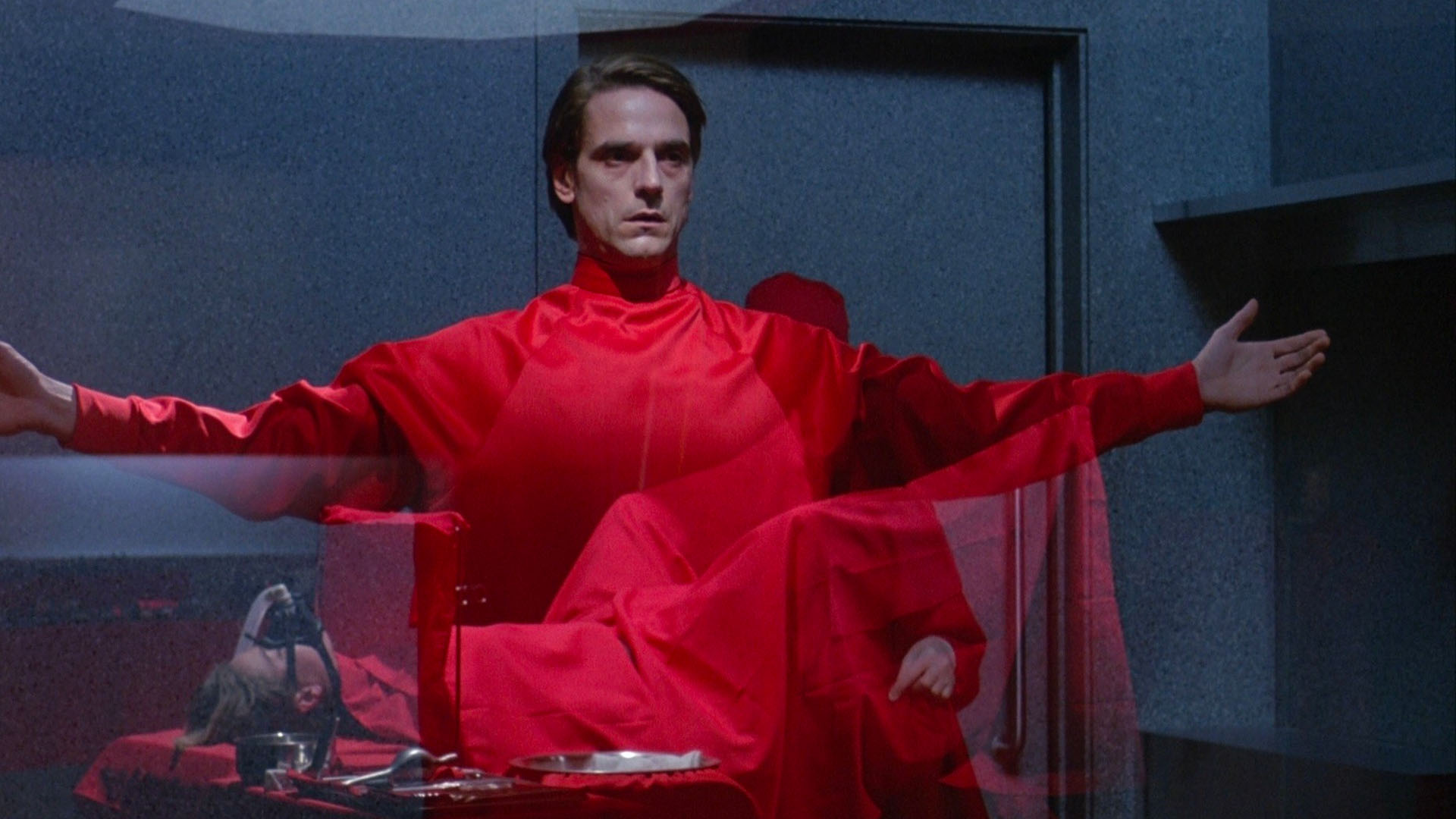
It’s a small, strange, and focussed story. Working for the first time with Peter Suschitzky, the cinematographer who would shoot all of Cronenberg’s subsequent films until 2022’s Crimes of the Future, it’s a much more severe and cold movie than Cronenberg’s mid-80’s body horror classics like The Fly and Videodrome. The overall effect is captivating, uncanny, and (in the few scenes that truly lean into horror) some of the director’s most unsettling filmmaking.
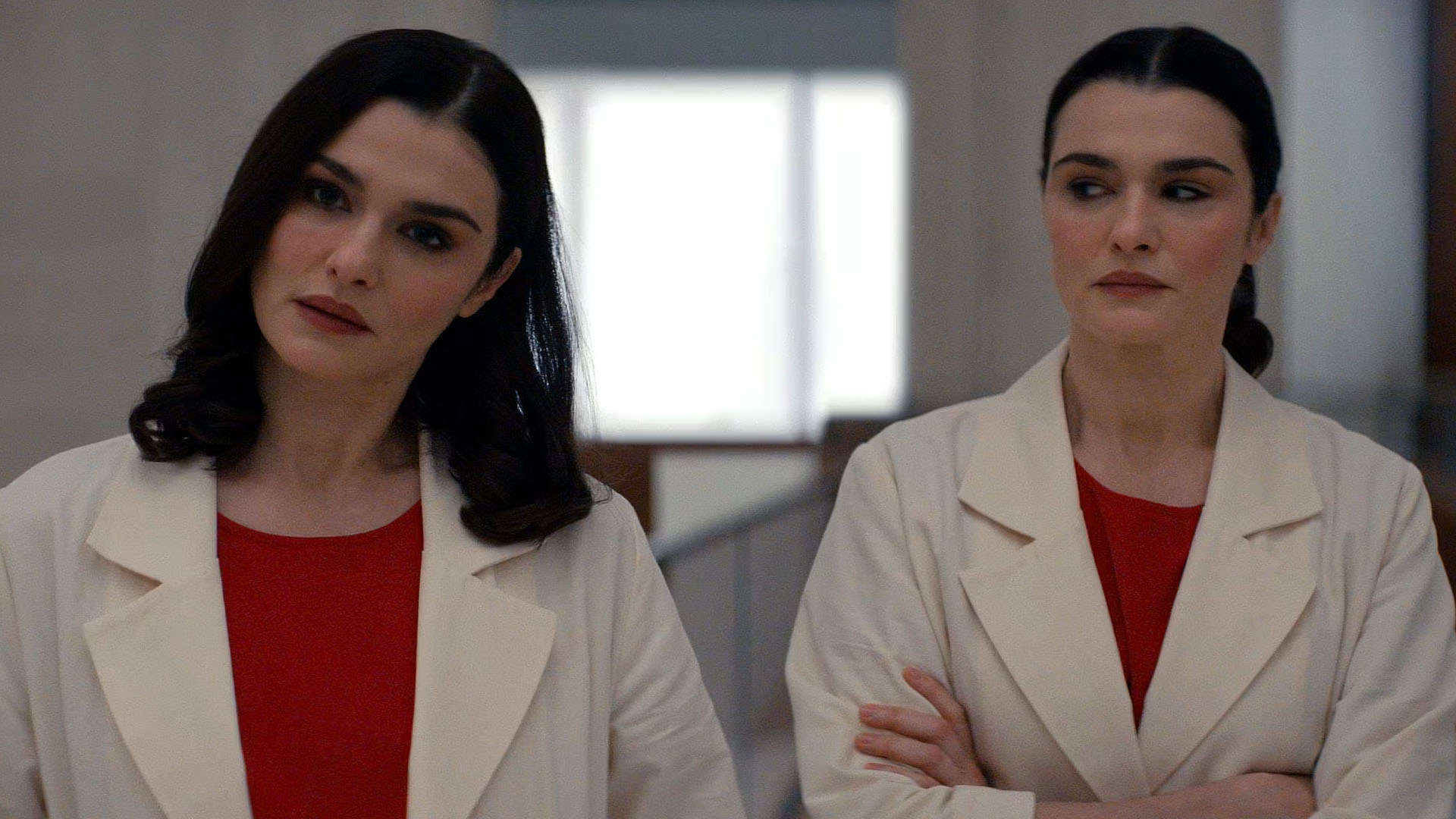
Prime Video’s new miniseries remake, also called Dead Ringers, is a glossy, brilliantly acted, often quite funny television series that feels like it has something quite large missing from its centre.
Helmed by Alice Birch (writer for Lady Macbeth and Normal People) and starring the wonderful Rachel Weisz (The Mummy, The Favourite) as the gender-flipped Mantle twins, the new Dead Ringers only very loosely follows the beats of the original.
The pair are still brilliant gynaecologists, and Beverly still falls in love with a famous actress after the pair examine her (Genevieve, played by American Horror Story: Asylum’s Britne Oldford). The pair still unravel mentally, and in some ways drugs and strange medical experiments are still involved, though both feel much more peripheral to the plot proper. Central to 2023’s Dead Ringers is instead, a story about big money.
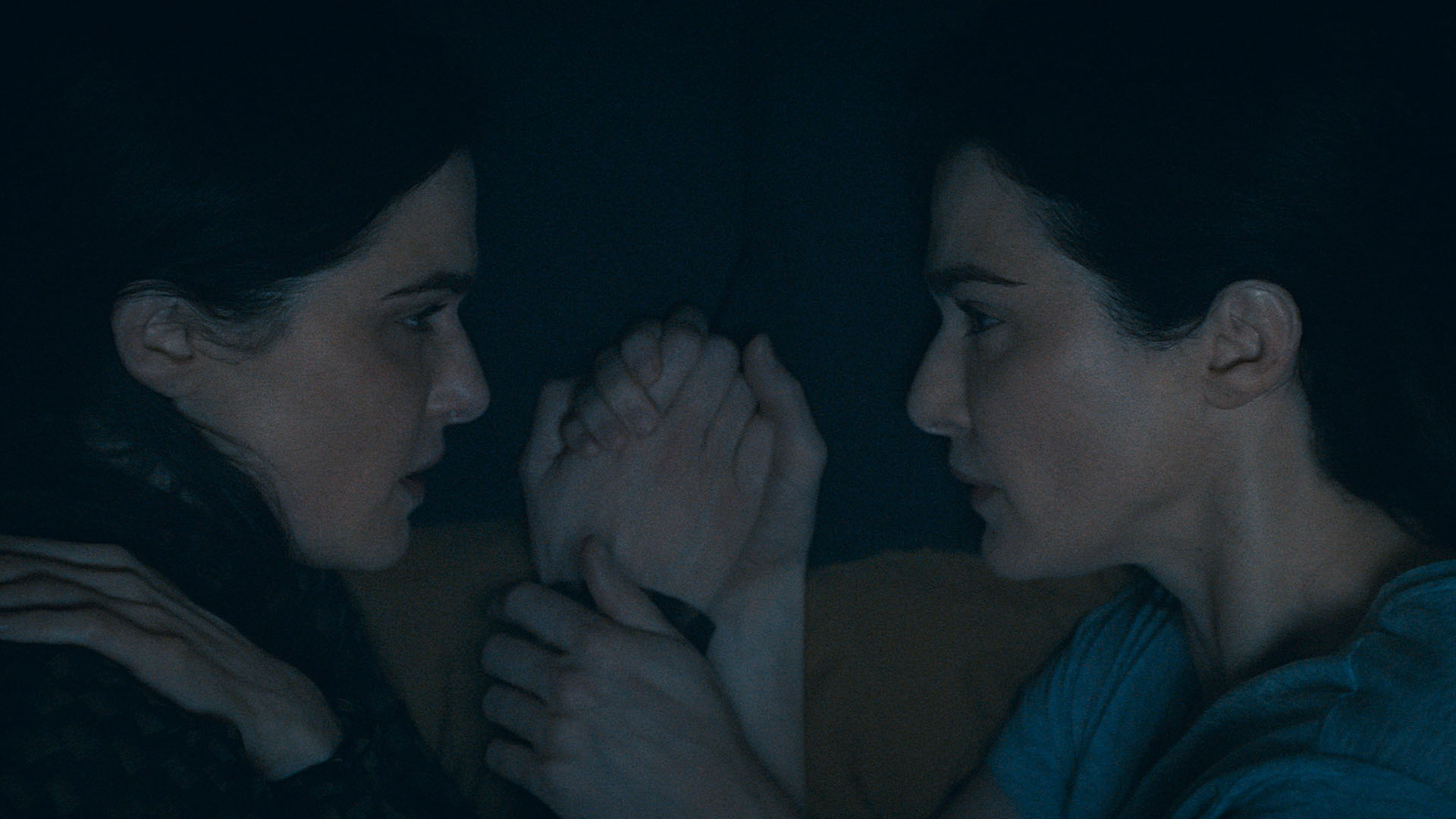
Beverly and Elliot want to start a birthing centre and fertility clinic to make medicine better for women, and to do this they seek a massive investment from Rebecca (Jennifer Ehle), whose Big Pharma family is responsible for the opioid crisis. If that wasn’t enough for you, Rebecca’s partner Susan (Emily Mede) comes from a family with a history in pioneering gynaecological research, and an unusually high number of twins. Will these compromises with the dark side of the medical establishment allow sweet Beverly to create the gentle and caring birthing centre of her dreams? Or is it all a front for Elliot’s ‘sinister’ experiments growing foetuses outside the womb?
All of this more-or-less amounts to a familiar brand of black comedy, satirising the mega-wealthy. If you haven’t already had your fill of that between Triangle of Sadness, Glass Onion, The Menu, The White Lotus etc. then Dead Ringers does a decent job. After all, Alice Birch has form, she was the story editor for season two of Succession.
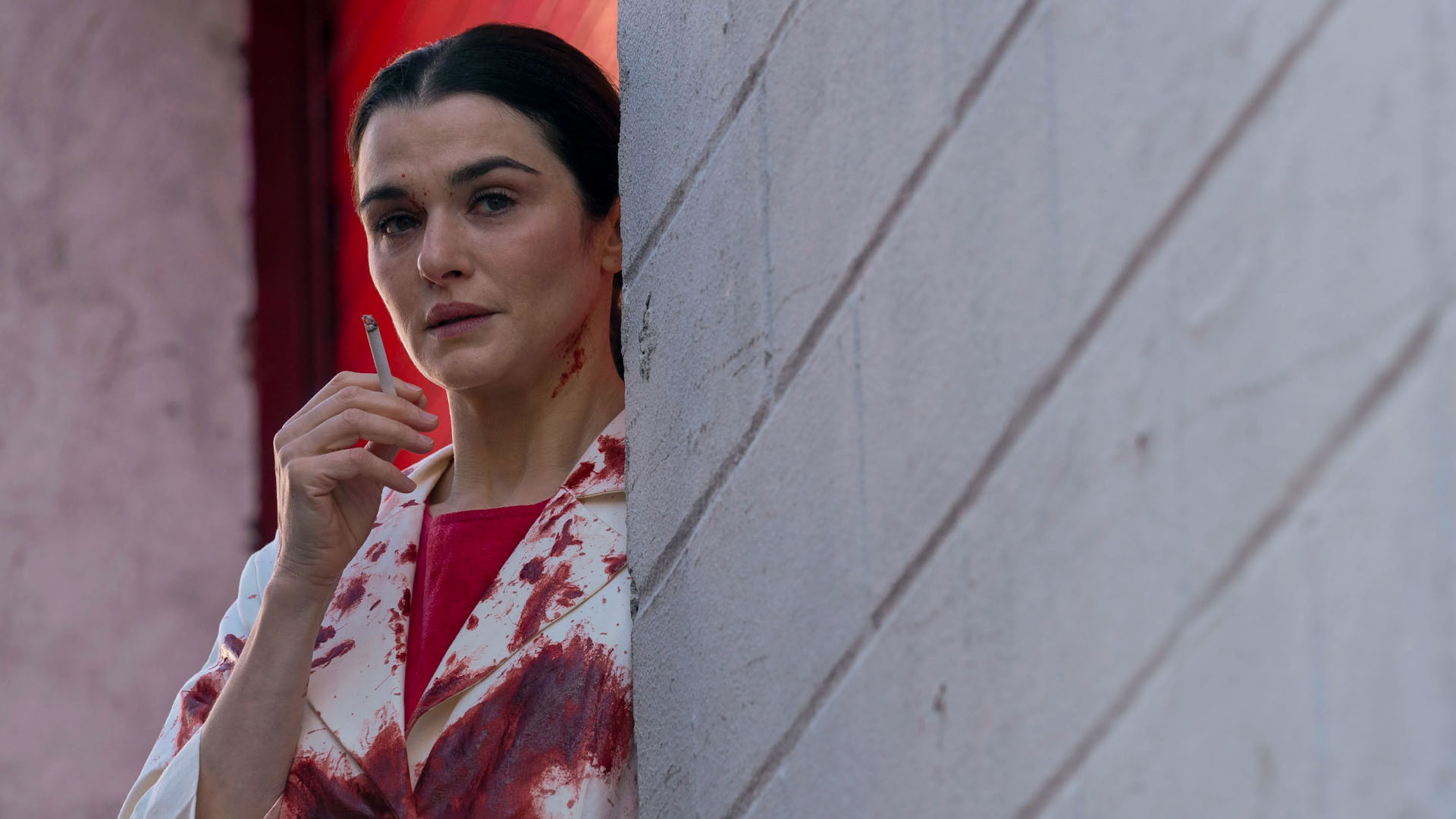
Outside of being perhaps a little too of-its-time though, the real problem with Dead Ringers is its reluctance to really dig into any of the topics it gestures at. We have two scenes with a woman suffering from postpartum depression, a sequence about a mother who dies in childbirth, long dinner table scenes where characters bring up transhumanism, and lesbianism, and medical ethics… but a monologue is not a theme, and none of these big women’s health topics ever connect to the plot in a meaningful way, or feel woven into the series with any poignancy or insight.
In one particularly egregious example, a 19th century Black woman appears to Beverly in a dream, speaking in verse to tell her that the lives of enslaved black women who were experimented on without consent are not fodder for metaphor or character development. As the only place the show directly addresses race, it’s baffling in its lack of self-awareness.
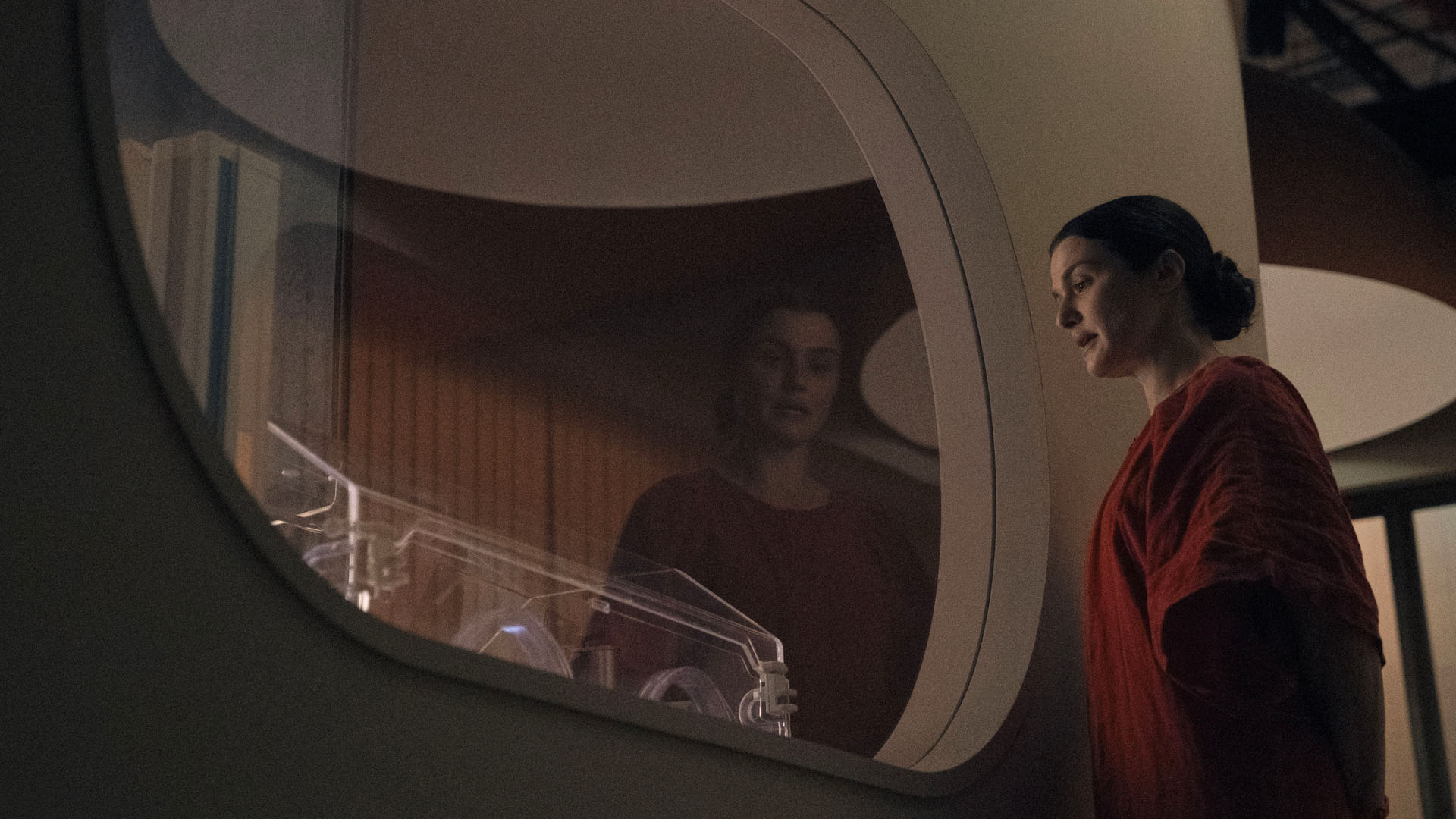
Elliot’s experiments in growing foetuses also barely make an impact on the wider characters or plot. Few people know the extent of the experiment and it intersects with the plot largely off-screen. One character suggests that the ability to preserve foetuses outside the womb could play into the hands of anti-abortion campaigners, and it’s pretty much left at that. An odd choice for a show so concerned with women’s bodies, with fertility and pregnancy, to make the doctors’ main transgression so markedly disembodied.
While the idea of a version of Dead Ringers centring women and focussing in on the relationship between women’s bodies and the medical industry is captivating, 2023’s Ringers tackles the subject with kid gloves. In Ringers ’88 both twins are odd and manipulative, treating their patients with a technician’s indifference. Here, Beverly is a good doctor who does everything she can for the women in her care. Elliott is calculating and manipulative, caring more about results than people, but her research is still ultimately something that she believes will help women.
It’s not an uncanny exploration of the doubleness of twins, much less a horror about doctors who fantasise about carrying out strange experiments on their patients. Stripped of that unpleasantness and oddness, the new Dead Ringers is missing the core of what made the original so compelling… and no amount of ripped-from-the-headlines dinnertime dialogue can make up for that.



